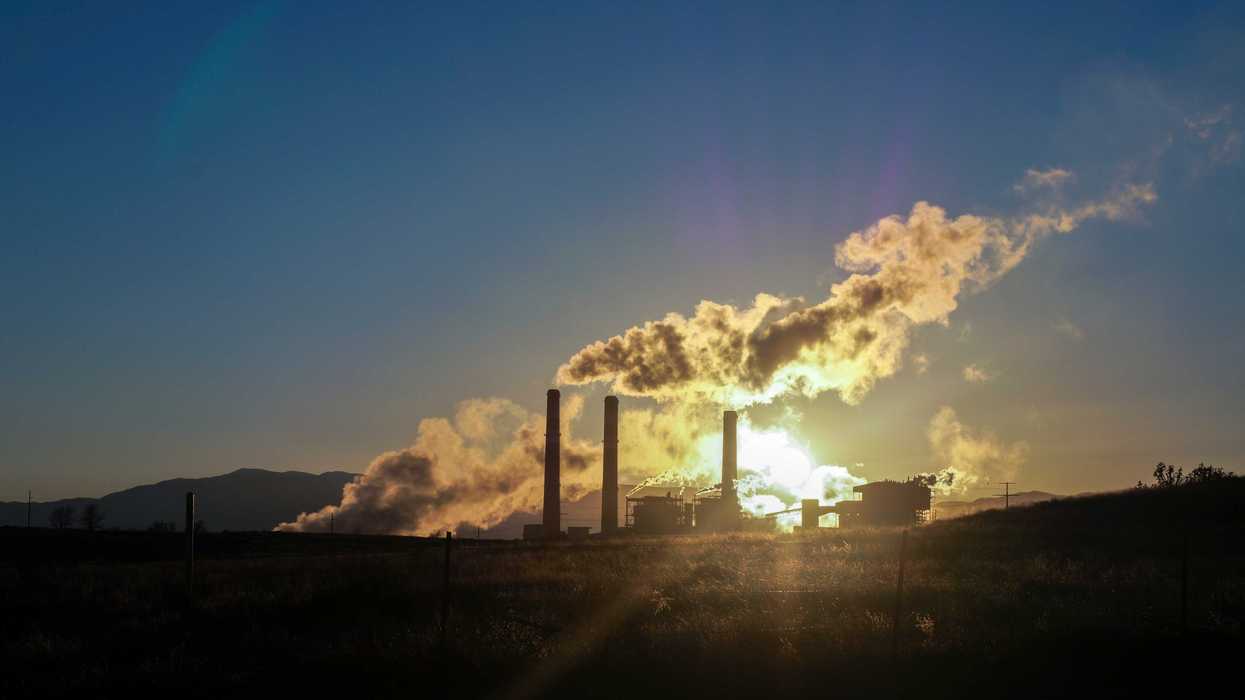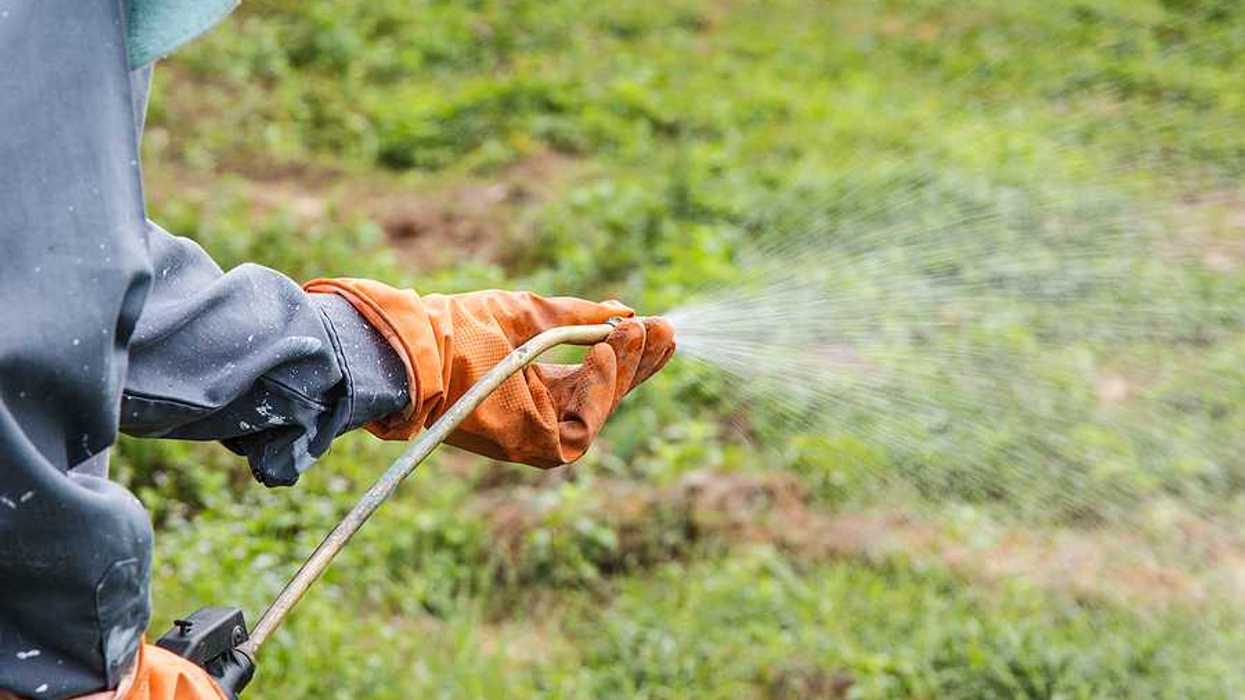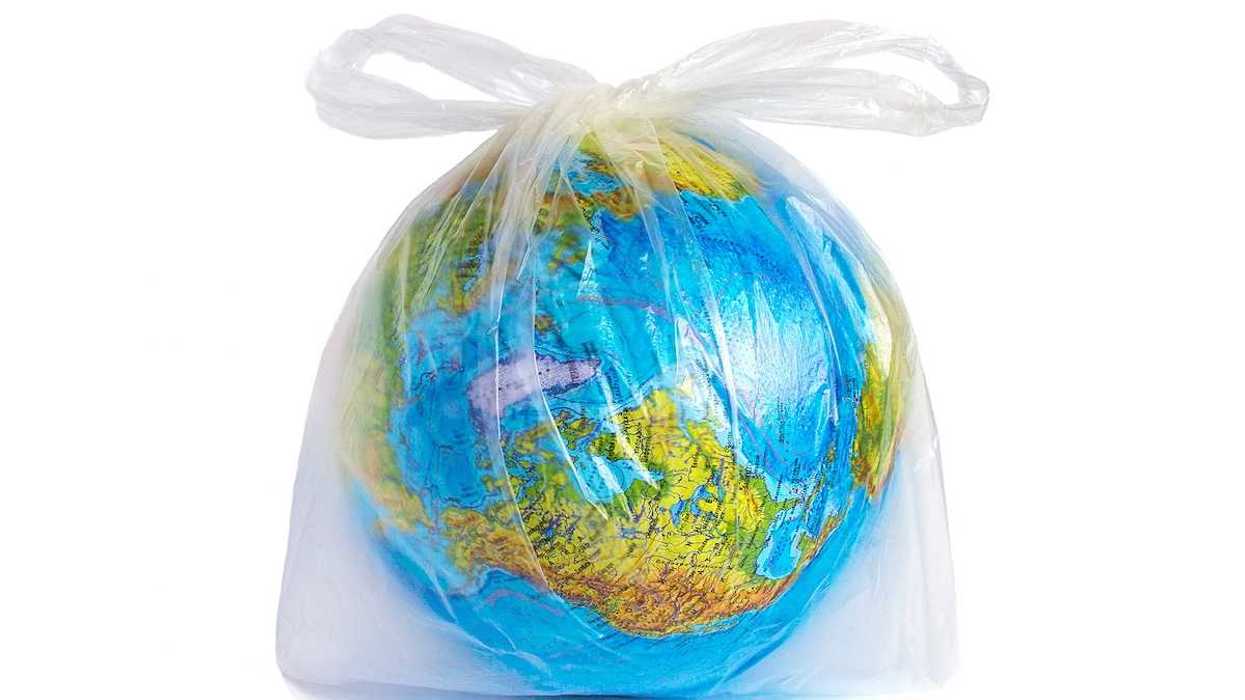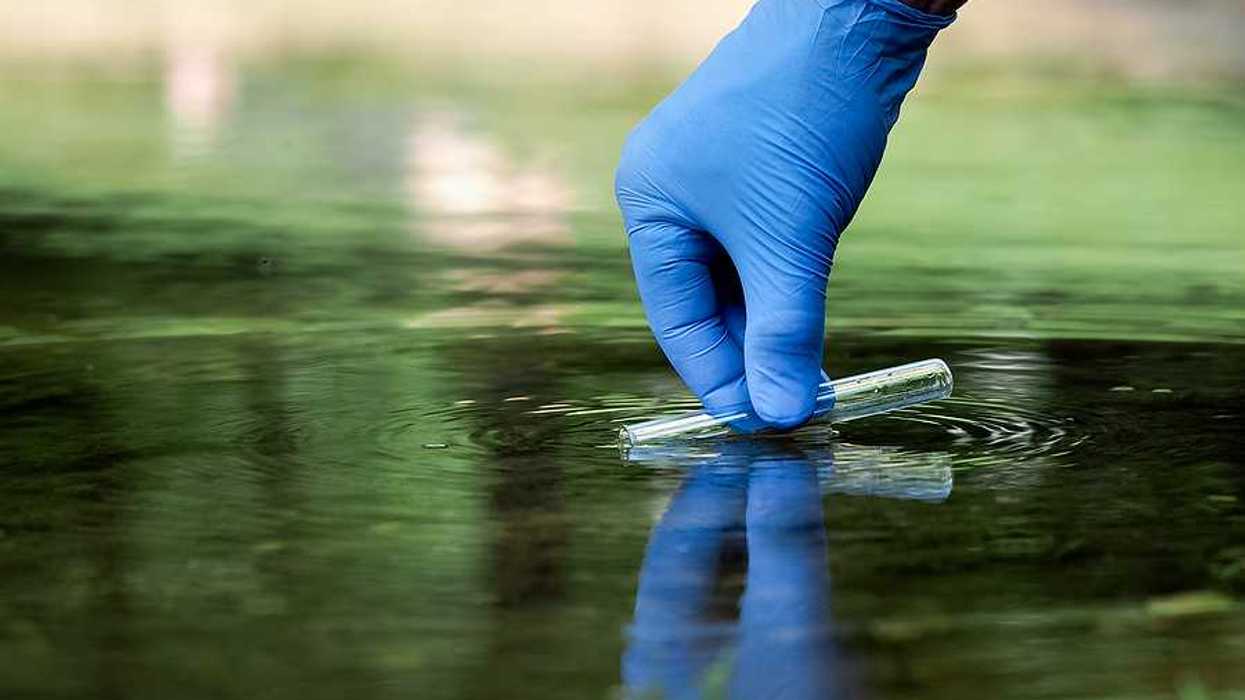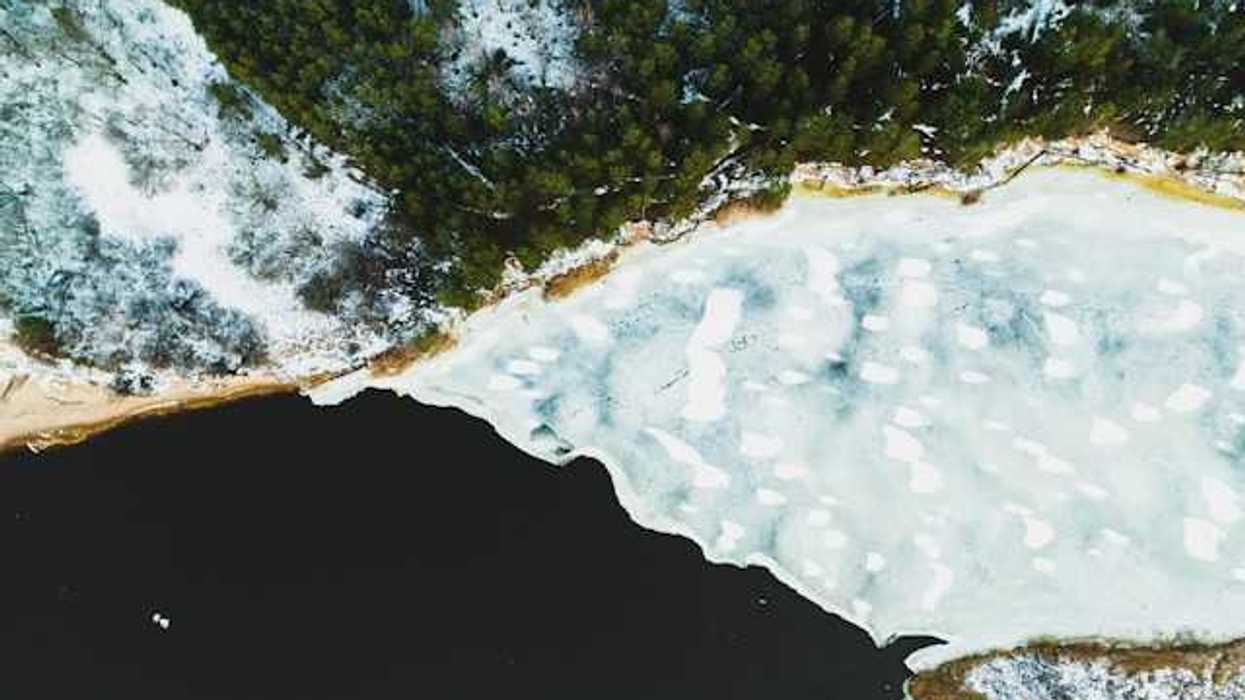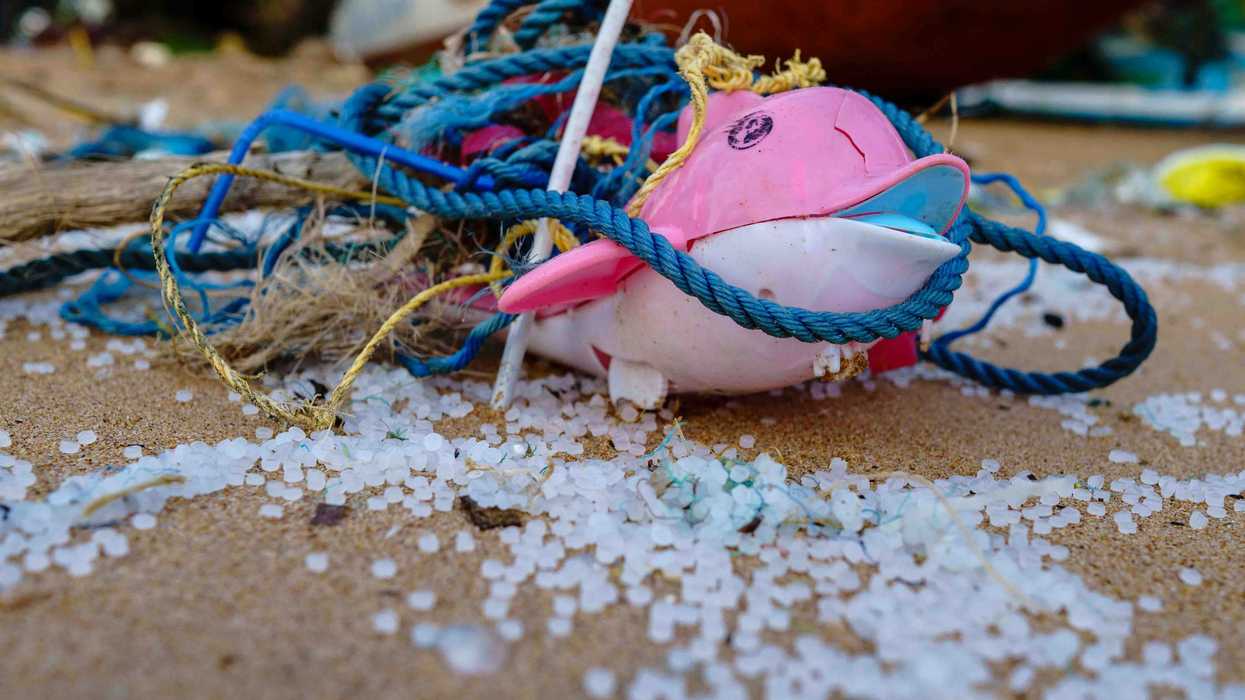Skiing in Park City comes with an unintended environmental cost, as PFAS chemicals from traditional ski waxes seep into local water sources.
Eric Cabrera and Derrick Jones report for KSL NewsRadio.
In short:
- PFAS chemicals, known for their persistence and health risks, have been detected in Park City, Utah's water wells, traced back to ski wax used on local slopes.
- Local ski resorts and companies like Board Budder are responding by switching to eco-friendly, plant-based ski waxes to prevent further contamination.
- Park City is mitigating PFAS levels by mixing affected well water with cleaner sources, maintaining safety standards most of the time.
Key quote:
"You know, last year, there were 7 million visits in the state of Utah. When you think about all the wax that wears off of 7 million skis or snowboards, it adds up; it stacks up, and it can have a really big effect."
— Erik Smith, founder of Board Budder
Why this matters:
PFAS from ski wax can leach into local waterways, primarily through snowmelt, posing risks to water quality and aquatic life. This contamination can affect fish and other wildlife, leading to bioaccumulation and potentially impacting human health through the consumption of affected animals.
For individuals who frequently handle ski wax, such as technicians in ski shops, there is a risk of exposure through inhalation or skin contact. This exposure could potentially lead to health issues, including thyroid disease, liver damage, and other serious conditions, although direct links require more research.




